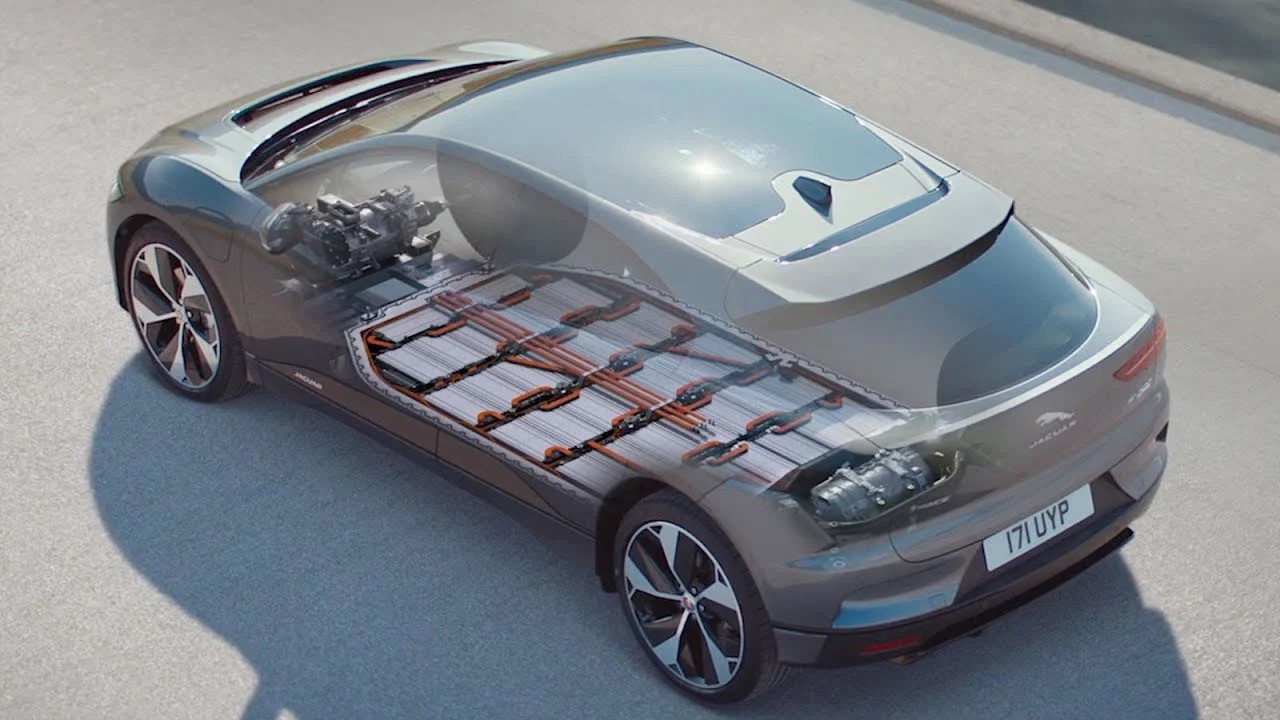This initiative is a part of the new EU Battery Regulation, which necessitates disclosure of carbon emissions during production and a gradual increase in the use of recycled materials leading up to 2035, when the EU plans to ban the sale of new internal combustion engine (ICE) cars.
The introduction of battery passports will enhance transparency in supply chains, shedding light on often complex and changing supplier networks. Ellen Carey, Chief External Affairs Officer at Circulor, a specialist in supply chain visibility and battery passport creation, told Autocar that the passports will cost between £6 and £11 ($7.6 and $14, or €7 and €12.8, respectively) per battery.
Outside the EU, battery passports can have various applications, including serving as evidence for electric vehicles qualifying for Clean Vehicle Tax Credits in the United States, offering incentives of up to $7500 depending on the vehicle and its emissions.
Source: Autocar

